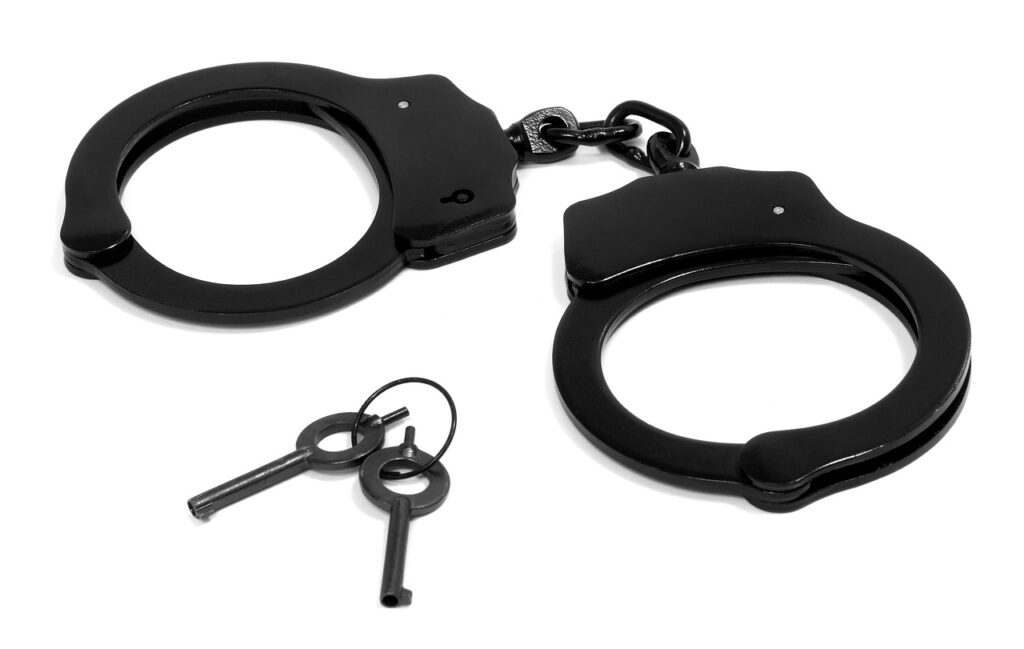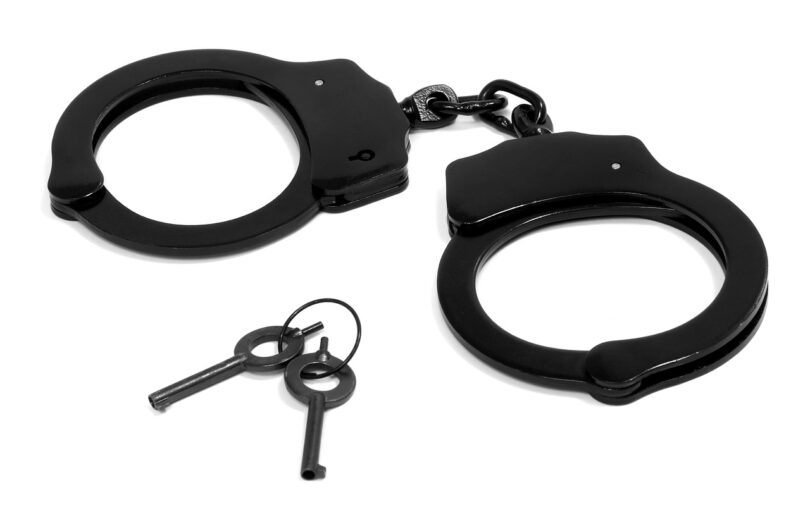
Welcome to an in-depth exploration of the fundamentals of criminal law. If you’ve ever been curious about the intricate workings of the legal system or want to better understand your rights and responsibilities in society, you’ve come to the right place. In this comprehensive guide, we’ll delve into the core concepts and principles that underpin criminal law. By the end of this article, you’ll have a solid grasp of the basics, enabling you to navigate the complex world of criminal justice with confidence.
Understanding Criminal Law
What is Criminal Law?
Criminal law, often referred to as penal law, is a branch of the legal system that deals with crimes, their prosecution, and the punishment of individuals who commit unlawful acts. It is a vital component of the justice system, helping to maintain order and protect the rights of citizens.
The Role of Criminal Law in Society
Criminal law plays a crucial role in any society by:
- Preserving Order: It establishes rules and regulations that deter individuals from engaging in criminal activities, thereby maintaining social order.
- Protecting Rights: It ensures the protection of individuals’ rights, including the right to life, liberty, and property.
- Administering Justice: Criminal law provides a framework for holding wrongdoers accountable for their actions and ensures they face appropriate consequences.
Elements of a Crime
Actus Reus and Mens Rea
To prove someone’s guilt in a criminal case, two essential elements must be established:
- Actus Reus: This refers to the physical act of committing a crime. It includes actions such as theft, assault, or murder.
- Mens Rea: Mens Rea deals with the mental state or intent of the perpetrator. It helps determine whether the act was committed intentionally, recklessly, or negligently.
Causation and Concurrence
- Causation: Criminal law requires a direct link between the defendant’s actions and the resulting harm or consequence.
- Concurrence: The actus reus and mens rea must occur simultaneously for a crime to be committed.
Types of Crimes
Felonies vs. Misdemeanors
Criminal offenses are typically classified into two categories:
- Felonies: These are serious crimes such as murder, rape, or armed robbery, punishable by substantial prison sentences.
- Misdemeanors: Misdemeanors are less severe offenses like petty theft or disorderly conduct, resulting in shorter jail terms or fines.
White-Collar Crimes
White-collar crimes involve non-violent, financially motivated offenses, often committed by individuals in positions of trust or authority. Examples include fraud, embezzlement, and insider trading.
Legal Defenses
Self-Defense
Individuals have the right to protect themselves when facing imminent harm. Self-defense is a valid legal defense if the force used is proportionate to the threat.
Insanity
A plea of insanity can be used as a defense, but it’s a complex and rarely successful strategy. It requires demonstrating that the defendant did not understand the wrongfulness of their actions due to a severe mental disorder.
Alibi
An alibi is a defense that asserts the defendant was elsewhere at the time the crime occurred, proving they couldn’t have committed it.
The Criminal Justice Process
Arrest and Booking
When a crime is reported, law enforcement conducts an investigation and, if evidence points to a suspect, makes an arrest. The arrested individual is then booked into the system.
Initial Appearance
The defendant’s first appearance in court is called the initial appearance. Here, they are informed of their charges, and bail may be set.
Preliminary Hearing
In cases of serious crimes, a preliminary hearing is held to determine if there’s enough evidence to proceed to trial.
Trial
The trial is the heart of the criminal justice process, where evidence is presented, witnesses are questioned, and the judge or jury makes a verdict of guilt or innocence.
Sentencing
If found guilty, the defendant faces sentencing, which can include fines, probation, or imprisonment.
Frequently Asked Questions (FAQs)
Q: What are the key differences between criminal and civil law? A: Criminal law deals with offenses against the state and involves the government prosecuting the accused, while civil law focuses on disputes between individuals or entities seeking compensation or resolution.
Q: Can someone be convicted of a crime without physical evidence? A: Yes, circumstantial evidence, witness testimonies, and confessions can be sufficient to secure a conviction.
Q: What is the role of a defense attorney in a criminal case? A: A defense attorney represents the accused, ensuring their rights are protected and challenging the prosecution’s evidence.
Q: What is the burden of proof in a criminal trial? A: In criminal trials, the prosecution must prove the defendant’s guilt beyond a reasonable doubt, a high standard of proof.
Q: How can I expunge a criminal record? A: Expungement eligibility varies by jurisdiction, but it generally involves a waiting period and meeting specific criteria.
Q: What are the constitutional rights of a person accused of a crime? A: Constitutional rights include the right to remain silent, the right to an attorney, and protection against self-incrimination, among others.
Conclusion
Exploring criminal law basics provides valuable insights into how our legal system operates. It empowers individuals to understand their rights, responsibilities, and the importance of a fair and just society. As you navigate this complex realm, remember that knowledge is your greatest ally. By staying informed and upholding the principles of justice, we can contribute to a safer and more equitable world.


